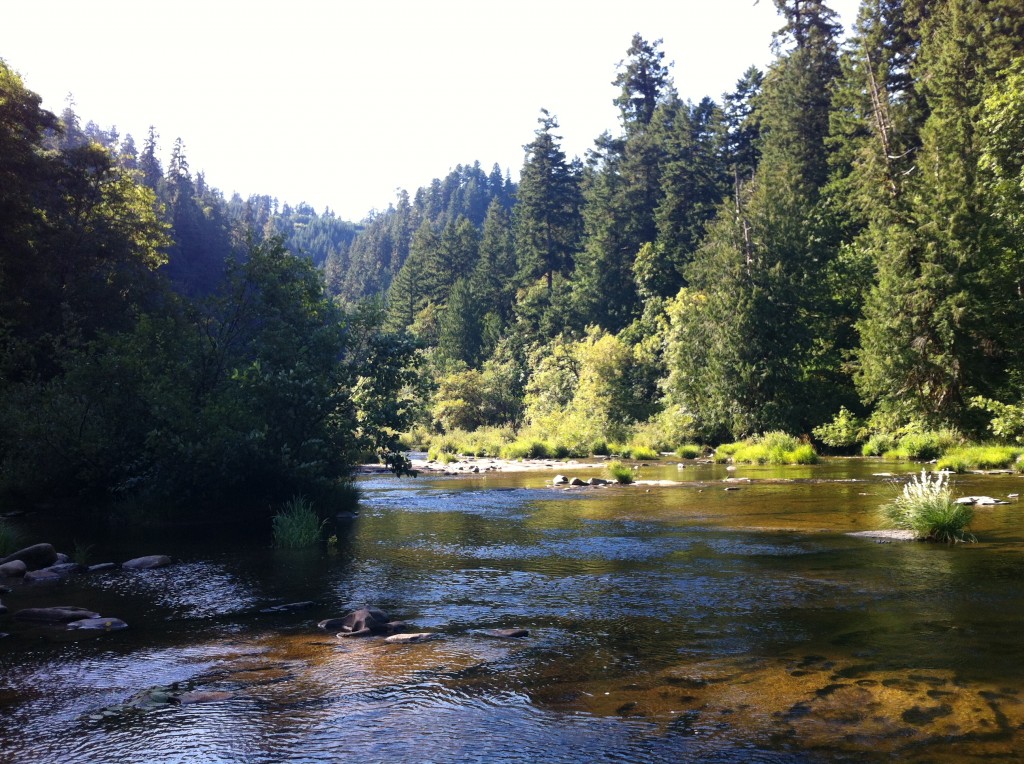Name: James Alexander Page
Alias: Alex
Where were you born and where do you call home?
I was born in Santa Cruz, CA. I still call Santa Cruz my home—much of my family still lives there. But I lived in San Francisco for years, so it’s sort of easier and truer to myself to say the Bay Area.
What would I find in your refrigerator right now?
Tortillas, pickled jalapenos, a big block of cheddar and leftover cranberry-
horseradish relish.
In which graduate program are you enrolled? Area of concentration?
I’m earning a master’s degree in Community and Regional Planning. My focus is on sustainable transportation.
What Community Service Center program(s) are you working with?
I’m working with the Community Planning Workshop (CPW) to monitor parking and transportation mode splits for the Matthew Knight Arena. It’s part of a conditional use permit to evaluate the impacts of games and events on the neighborhood. I’m also assessing consumption and demand for locally-produced foods for the Willamette Food and Farm Coalition. We’re developing indicators and acquiring the metrics to understand if local food consumption is rising, and to get a clear picture of why.
What are some of the outcomes you hope to gain when your project ends?
I hope that working with the Matthew Knight Arena will give me some transferable skills around transportation planning and to better understand the habits, incentives, and politics around sustainable transportation options.
How does your involvement with the Community Service Center relate to or inform your education?
How doesn’t it? I believe that transportation and land use are intertwined and that increasing density can make cities more livable for urban populations. I want to see more transportation options for communities because the current paradigm of automotive culture is killing us, socially and physically. My work with the Matthew Knight Arena studies these ideas and should help inform me about behaviors and barriers in regard to sustainable transportation.
What advice would you give to your younger self just beginning the CSC program?
Advice will only get you so far. Experience is worth its weight in gold, so strap in and learn through your successes and failures.
Sleep in or get up early?
Well that depends on a lot of factors, and I’m not about to get into the specifics. But generally, I burn the candle at both ends.
